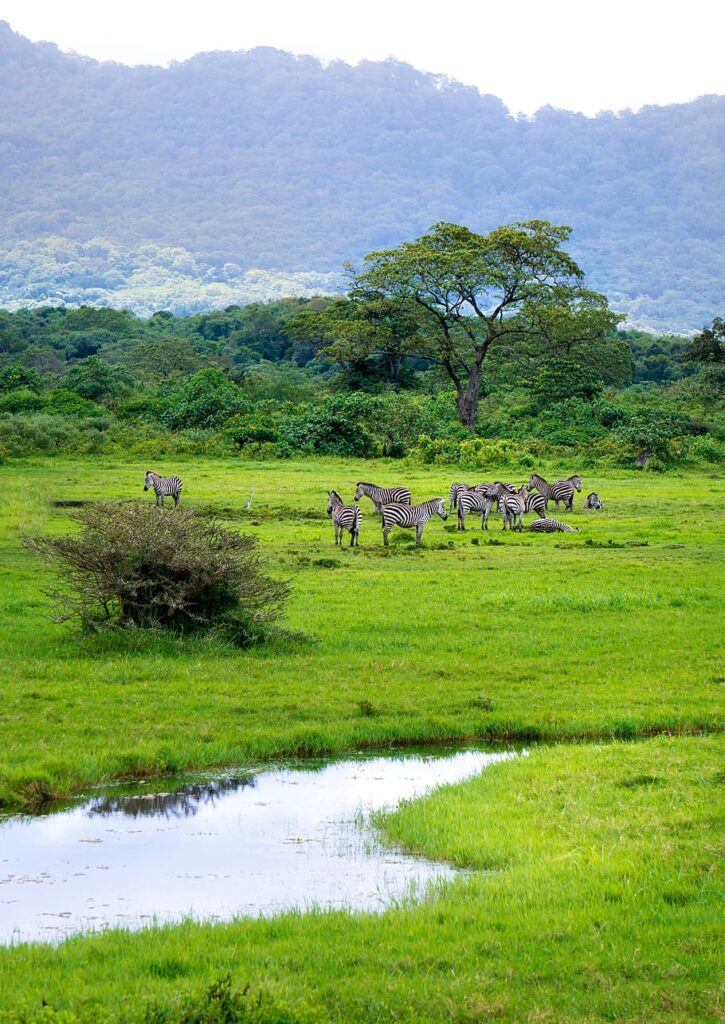The People’s Democratic Republic of Algeria, abbreviated as “Algeria” (Arabic: الجزائر Al Jaz āʼ Ir, French: Alg é rie, is a country in the Maghreb region of northern Africa. The north is bordered by the Mediterranean Sea, the east is bordered by Libya and Tunisia, the southeast and south are respectively bordered by Niger, Mali, and Mauritania, and the west is connected to Morocco. Algeria has the largest land area among African countries, Mediterranean countries, and Arab countries, ranking 10th in the world, with a population of 45.6 million (in 2023), the majority of whom are Arabs, followed by Berbers (about 20% of the total population), and a land area of 2.38 million square kilometers. The capital is Algiers, and the country is divided into 58 provinces. [1] The name Algeria comes from the city name and capital Algiers, which means “archipelago” in Arabic. It refers to the four islands located in the bay of the city before, which gradually became connected to the mainland after 1525. [1] The Kingdom of Berber was established in the 3rd century BC. In 146 BC, it became a province of ancient Rome. Conquered by the Arabs in 702. In the 16th century, it became a province of the Ottoman Empire. [1] Not long after, the forces of Spain, Portugal, France and other countries invaded successively. In 1830, France occupied Algiers, and in 1905, it occupied the entire territory. On September 19, 1958, the Provisional Government of the Republic was declared established. Declared independence on July 3, 1962. [1] Algeria’s economic scale ranks fourth in Africa, only behind South Africa, Nigeria, and Egypt. Oil and natural gas are the pillars of Afghanistan’s national economy. Algeria has the fifth largest natural gas reserves in the world and is the second largest natural gas exporter in the world. The oil reserves rank 15th in the world. In 2022, Algeria’s GDP was 233 billion US dollars, with a per capita GDP of 5187 US dollars and an economic growth rate of 3.8%
